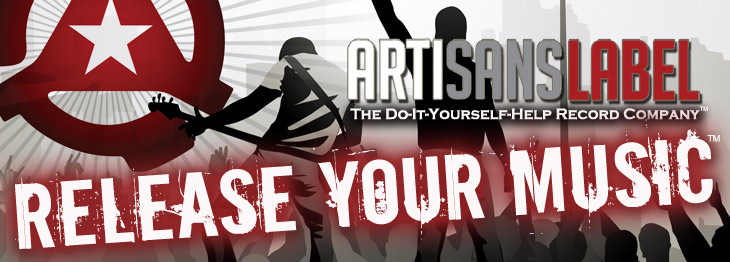 Mind you, I am only speaking about the terms "musicians middle class" or "musical middle class", I completely support the movement. I just feel that those terms, which have been adopted by bloggers and writers of all things music 2.0 (another term I would love to move past) are not empowering enough and they do not clearly define what I believe they are attempting to define.
Mind you, I am only speaking about the terms "musicians middle class" or "musical middle class", I completely support the movement. I just feel that those terms, which have been adopted by bloggers and writers of all things music 2.0 (another term I would love to move past) are not empowering enough and they do not clearly define what I believe they are attempting to define.I am not sure exactly who coined either term but back in '07 Bruce Houghton at Hypebot defined the musicians in this category as "artists selling 20-100,00 copies and making a living through direct sales, touring, merch and other streams; and because there are fewer outsiders taking a cut. They are empowered by the viral marketing and direct sales that the net enables."
Even though the artists Mr. Houghton described are aspiring to become sustainable and earn a "middle class" income with their music, this does not mean that they are part of a "musical" middle class and I doubt that any artist would refer to themself as a "middle class musician". Even if the terms are being used to describe the large space that falls between the garage band and the major-label artist and the artists that occupy that space, I will still argue that there has to be a better term(s). Besides, I am not a big fan of using the class system to describe any group, let alone a group that contains members from all walks of life.
When it comes down to it what we are really trying to define is the artist/musician as an entrepreneur. You can find many different wordings for the definition of entrepreneur but the one that I feel sums up the what I mean came from good ol' Wikipedia."Entrepreneur in English is a term applied to the type of personality who is willing to take upon herself or himself a new venture or enterprise and accepts full responsibility for the outcome."
I propose that today we replace "Musical Middle Class" with the term "Entrepreneurial Musicians Movement". Sure, the term doesn't flow off the tongue very well but I think it is an accurate description of what is actually going on and increasingly more powerful than "middle class". I, for one, am switching gears and I will no longer use the term "middle class" when referring to the Entrepreneurial Musicians Movement and I will be replacing the term "do-it-yourself" or "DIY" musician with "Entrepreneurial Musician" . I beg of you to do the same.
Not happy with these terms? Please make a case for something you like better. I am not married to the terms that I proposed here, I just want to make a change.


















